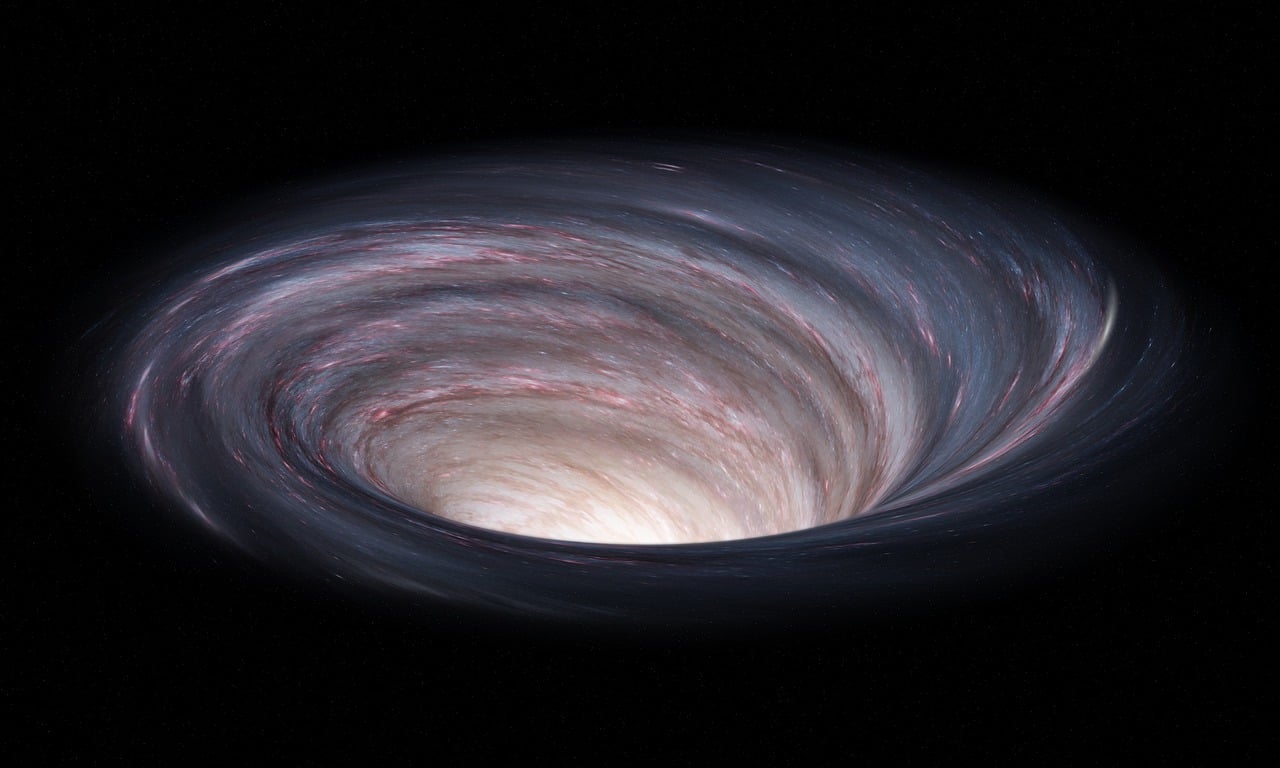Black Holes and Their Contribution to Science

Pixabay
A curious fact that we are interested in knowing about this topic: one of the most important contributions of black holes to science is helping to validate general relativity, in 1916, Karl Schwarzschild provided the first exact solution to Einstein's equations by describing a static, spherically symmetric black hole, now known as the Schwarzschild black hole. Later, Roy Kerr generalized this solution in 1963 to describe rotating black holes, called Kerr black holes. These solutions have been essential for understanding the behavior of space-time under extreme conditions.
The uniqueness of black holes as an astrophysical phenomenon and their importance in general relativity are evidente, however, black holes have also allowed for research into the thermodynamics of the universe and quantum mechanics. My readers should consider that in the mid-1970s, Stephen Hawking formulated his famous theorem on black holes. According to his hypothesis, due to quantum effects that occur just at the edge of the event horizon, black holes emit radiation, a phenomenon known as Hawking radiation, this radiation, in theoretical terms, would allow the possibility of a black hole "evaporating" the remnants of matter within it, which contradicts the traditional belief that everything is absorbed into the black hole.
The study of this relationship between relativity and quantum mechanics, or gravitation, is still ongoing in theoretical physics, the Schwarzschild and Kerr metrics, which are relevant to black holes, constitute the first two known exact solutions to Einstein's field equations. Thus, the famous Bekenstein-Hawking entropy equation, which relates the entropy of a black hole to the area of its event horizon: S = kA/4ħG (where S is entropy, A is area, k is the Boltzmann constant, ħ is the reduced Planck constant, and G is the universal gravitational constant), has been the basis for the development of theories of quantum gravity.
Black holes have unexpectedly changed our understanding of the universe, allowing scientists to have their own natural laboratory to study the laws of physics at its extreme, black holes have contributed to developments in general relativity, quantum mechanics, and thermodynamics, and have opened the door to basic questions about the very nature of space-time and how that nature might manifest itself. The development of new technologies for detecting black holes (gravimeters and direct shadow imaging, for example) has made the study of these entities continue to be a vibrant field full of prospects for the future of science.
Bibliographic reference
Black Holes: Exploring the Mysteries of the Universe by CAN BARTU H, 2024.
Hawking and Black Holes by Paul Strathern, 2014.